Home » Keywords: » adhesives in medical/dental
Items Tagged with 'adhesives in medical/dental'
ARTICLES
Antimicrobial Hot-Melt Adhesives: Enhancing Safety and Hygiene in Medical Applications
How UV crosslinkable hot melts can be enhanced with antimicrobial additives.
December 17, 2025
Pressure-Sensitive Adhesives Enable the Next Wave of High-Tech Manufacturing
Driven by innovation, pressure-sensitive adhesives (PSAs) are evolving rapidly.
November 24, 2025
Keep the info flowing with our newsletters!
Get the latest industry updates tailored your way.
JOIN TODAY!Copyright ©2026. All Rights Reserved BNP Media.
Design, CMS, Hosting & Web Development :: ePublishing
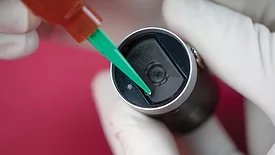

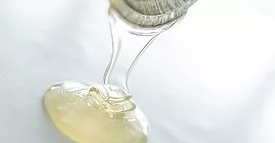
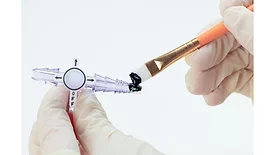
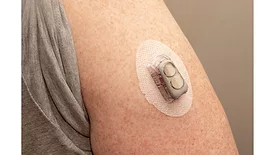

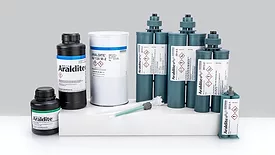
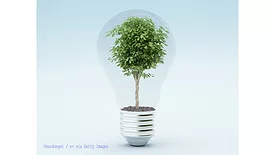
.webp?height=168&t=1685029884&width=275)
.webp?height=168&t=1704834340&width=275)